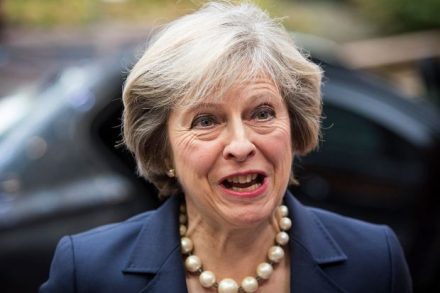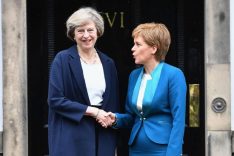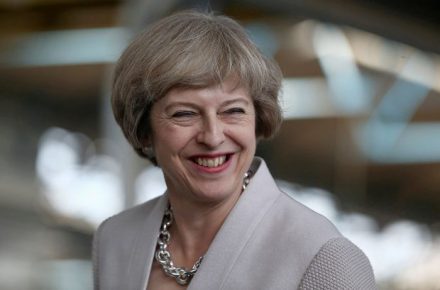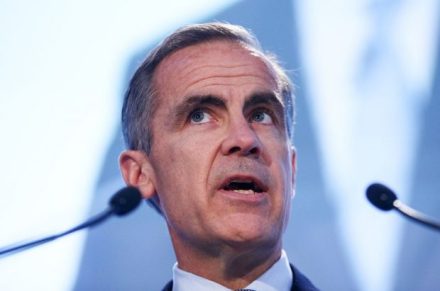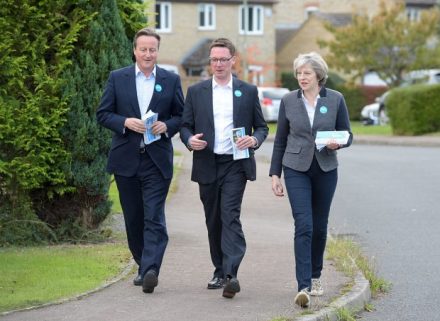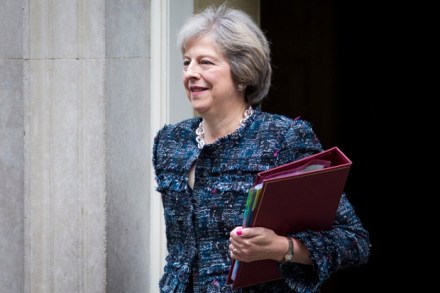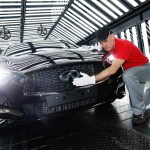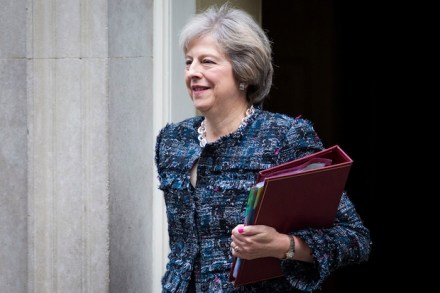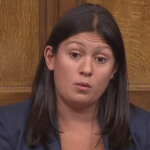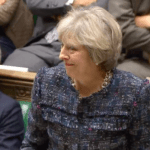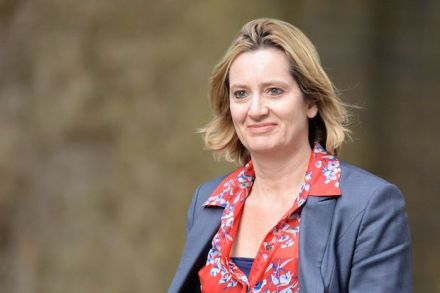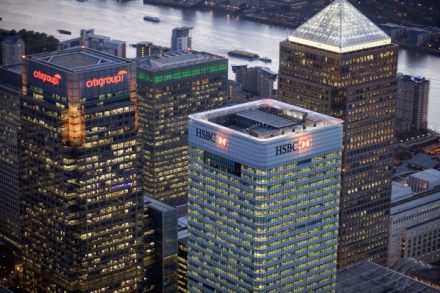Theresa May’s Brexit plan slowly trickles out
A pattern is emerging in the Government’s statements on Brexit to the House of Commons. The initial statement, today by Theresa May on the European Council, says little. But then, in answer to questions, some information slips out. Today’s most interesting nugget was May’s response that staying in the customs union is not a yes or no question. This will add to the sense in Westminster that the Government is looking to stay in the customs union in certain sectors, for instance-car manufacturing, while leaving it in most areas. It is also worth noting when Gisela Stuart, the Labour co-chair of Vote Leave, asked about a 2020 deadline for being
